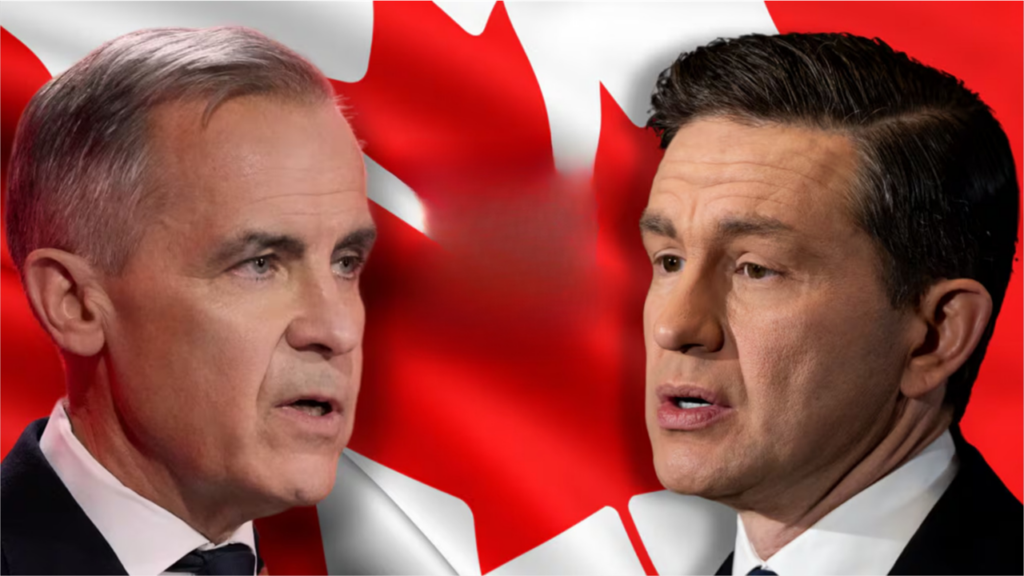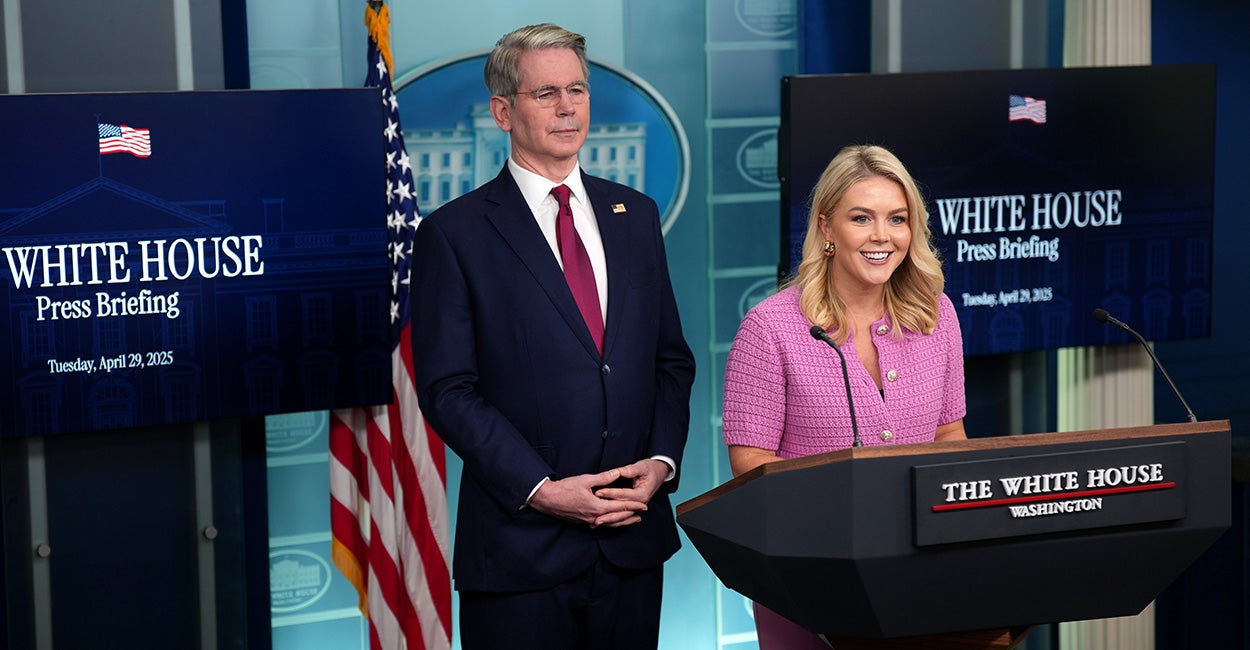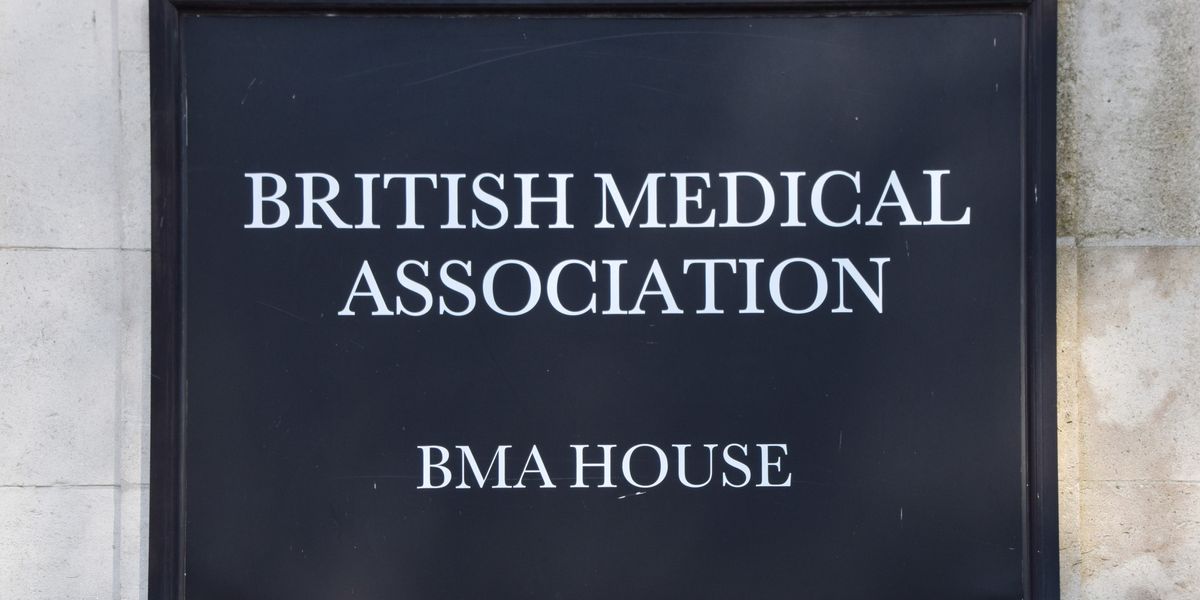Greece Will Ask European Commission to Allow It to Spend More on Defense
Greece’s finance minister, Kyriakos Pierrakakis, says he will ask the European Commission to enact a fiscal escape clause to allow it to spend more money on defense in its 2026 budget.
He said the extra amount was less than 0.3 percent of Greece’s gross domestic product (GDP).
Greece, which is also a member of NATO, currently spends around 3 percent of its GDP on defense, one of the highest proportions in the 76-year-old alliance.
Greece fought two wars with neighboring Turkey, in 1919–22 and 1974, and there remains tension between the two countries, especially over the island of Cyprus, even though they are both NATO members.
Last month, Pierrakakis was promoted to finance minister by Greek Prime Minister Kyriakos Mitsotakis, who wants to spend 25 billion euros ($28.4 billion) on defense by 2036 as part of a plan to modernize the armed forces and keep up with Turkey.
‘Great Future’ for Greek–US Relationship
In the ERT interview, Pierrakakis referred to his recent meeting with U.S. Treasury Secretary Scott Besent.
“The Greek–American relationship is a geostrategic relationship with a great history and a very great future,” he said.
As part of the plan, she said she would activate the national escape clause of the European Union’s stability and growth pact, an obscure financial mechanism that prevents member states from borrowing too much.
Von der Leyen said this would allow each EU member state to increase its defense spending by 1.5 percent of GDP, which could raise 650 billion euros ($684 billion) over the next four years.
Von der Leyen said EU nations were spending on average about 2 percent of their GDP, but she said they needed to increase it to above 3 percent.
Without the escape clause being enacted, EU member states would face disciplinary steps for having a budget deficit above 3 percent of GDP.
Germany Likely to Follow Suit
Last week, German Finance Minister Joerg Kukies said it was likely Berlin would also ask the European Commission for an exemption from the borrowing limits to increase defense spending in the coming years.
“It looks likely that we may do that, but the final decision needs to be taken,” Kukies said in an interview on the sidelines of the International Monetary Fund and World Bank meetings in Washington.
He said the details were being discussed by the incoming German government, which is led by the conservative Christian Democratic Union and its coalition partners.
Last month, Germany’s parliament approved plans for an increase in defense spending.
On April 28, German President Frank-Walter Steinmeier said NATO can count on Berlin to step up its contribution to the defense of Europe.
Speaking at a ceremony at NATO’s Brussels headquarters to mark the 70th anniversary of West Germany joining the alliance, Steinmeier said: “Today, with [Russian President Vladimir] Putin’s war against Ukraine raging on in full force, and with the United States putting fierce pressure on its European allies, Germany is in a crucial position.
“We got the message; you can count on us. We will strive to make Germany, both its military and its infrastructure, the backbone of conventional defense in Europe.”















